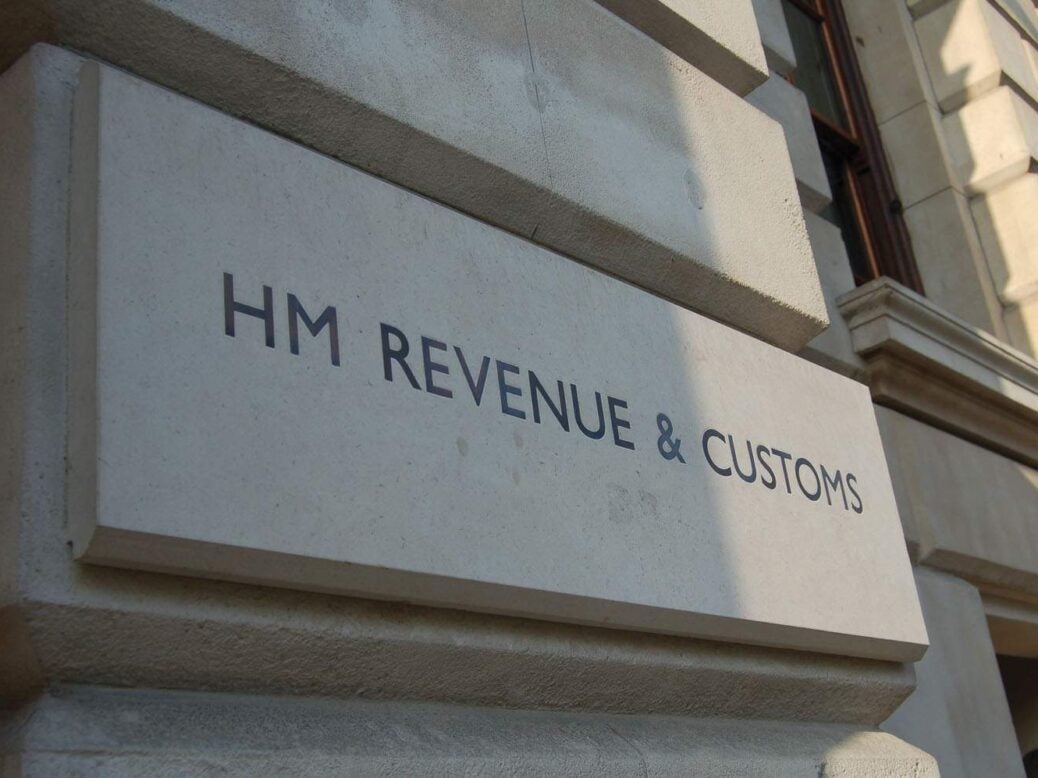
Even fully compliant individuals will have to engage with HMRC to prove their innocence, says Sean Wakeman.
The leaking of 11.5 million files from Panamanian offshore law firm, Mossack Fonseca, has again highlighted that there are no longer places anywhere in the world where monies can be secretly hidden. The so called ‘Panama Papers’ were published by the International Consortium of Investigative Journalists (ICIJ), having been shared by the German newspaper Süddeutsche Zeitung.
Already allegedly implicated domestically are three former Tory MPs, six members of the House of Lords, as well as David Cameron’s late father. Internationally, the allegations extend to hundreds of politicians, business and sports people, and 72 current or former heads of state.
370 reporters from 100 media organisations have spent the last year trawling through and collating the evidence before the recent release of the first tranche of documents.
The revelations emerging from the release of the files are staggering, and probably represent the biggest single advance in the fight to combat tax evasion and money laundering in more than half a century. While there are legitimate reasons for having offshore investments, it can be expected that the 80 countries which shared this information will question all the offshore arrangements (legal or otherwise) at the earliest possible opportunity.
The information received is (unusually) quite current dating back to just December 2015 and includes emails, financial spreadsheets, passport information and corporate records.
In recent years a number of banks encouraged UK individuals with overseas bank accounts to settle monies in offshore trusts and place monies in the offshore companies underlying them (Panama being a favourite destination) to avoid the European Union savings directives (and withholdings of tax at source) or to get round the UK Swiss taxation agreement. Anyone in such a position must now take urgent action to make a voluntary tax disclosure to avoid hefty fines or even criminal sanctions.
The UK tax authorities have announced that a team has already been set up to examine the information that has been released. The sheer volume of data attaching to UK individuals is likely to take a little time to work its way into the vaults of HMRC but the department’s sophisticated CONNECT computer system is expected to be more than capable of handling the huge amounts of information which will be coming its way. It is also expected that even fully compliant individuals will have to engage with HMRC to prove their ‘innocence’.
The expected questions will be wide ranging including the ‘genesis’ of monies deposited and the reasons for placing them in a far removed territory. Those who have tried to stay ahead of the game by moving their monies between different territories will be hit by a recently enacted secondary penalty which could theoretically give rise to total penalties of 300 per cent of the tax lost. Individuals will be questioned regarding distributions from offshore trusts or their potential entitlements. HMRC will also be very familiar with so called ‘blind’ trusts where individuals may have received no benefits, have no immediate entitlements since they are not a named beneficiary but where a letter of wishes sits ‘in the wings’ and records how and when monies should be applied for the true intended beneficiaries.
The data ‘theft’ again raises the interesting question of whether the tax authorities will be able to use the information to mount criminal prosecutions given doubts regarding the admissibility of such ‘evidence’. With the last major data theft from HSBC in Geneva, the HMRC was only able to mount a single successful prosecution.
Anybody with concerns about their tax position should take specialist advice immediately. The consequences of failing to do will be at best a hefty penalty and at worst a potential criminal prosecution.
Sean Wakeman is a tax investigations partner at Crowe Clark Whitehill






